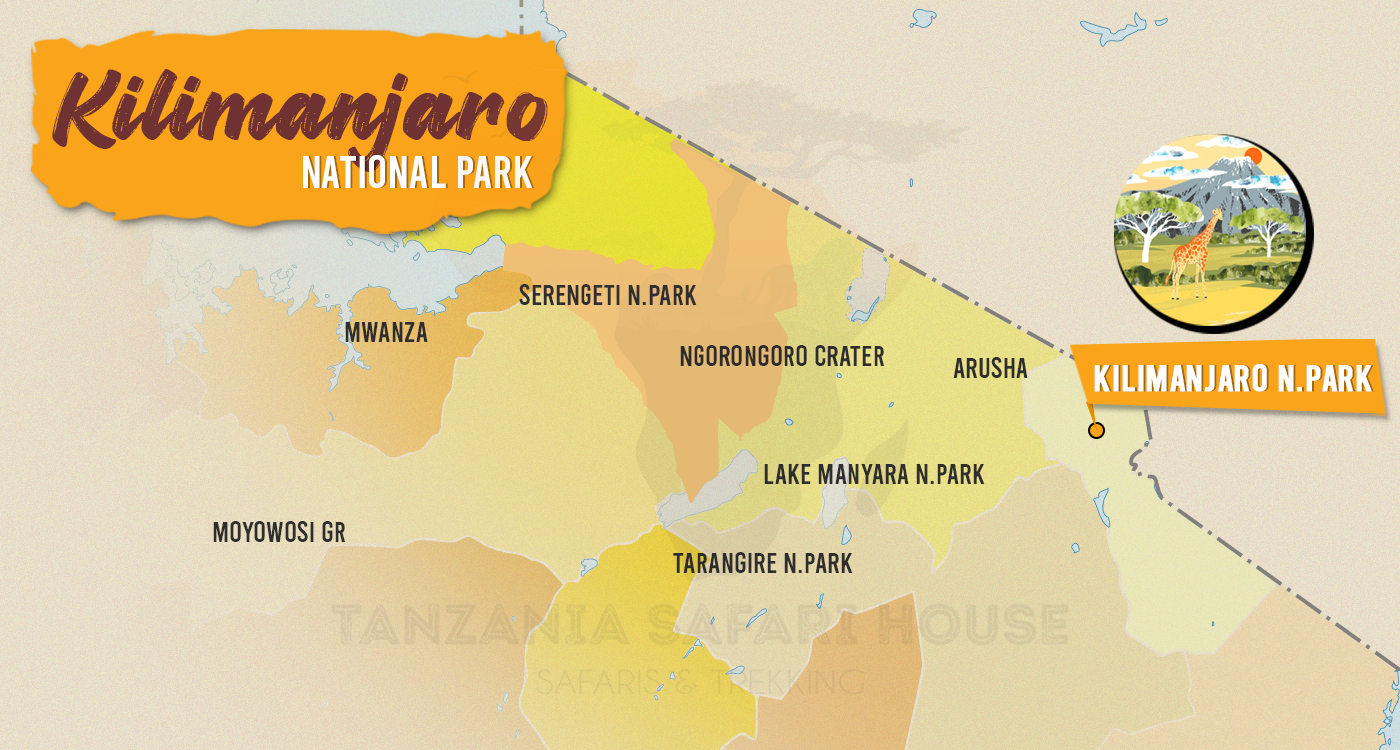Set in Tanzania, Kilimanjaro National Park spans 652 square miles, encompassing the lush montane forest encircling Mount Kilimanjaro. The park's distinctiveness lies in its varied ecosystems, covering cultivated land, rainforest, heath, moorland, and alpine desert. Mount Kilimanjaro, Africa's tallest peak at 19,341 feet, stands as one of the 7 Natural Wonders and a UNESCO World Heritage site. The summit, Uhuru Peak, forms part of the Kibo cone, one of the mountain's three volcanic cones.
Unlike typical Tanzania National Parks, Kilimanjaro National Park showcases its unique biodiversity. It is a sanctuary for an array of wildlife, including elephants, buffalos, and monkeys. Additionally, cultural richness adds depth to the experience, as local Chaga people coexist harmoniously with nature.

If you’re dreaming about Kilimanjaro National Park Safari, then you’re about the journey of lifetime. The park offers unspoiled natural beauty, thrilling wildlife encounters, and opportunity to hike majestic Kilimanjaro. Discover the extraordinary in this unique safari experience, filled with wonder and excitement.

Kilimanjaro National Park, with its diverse ecosystems host a captivating array of fauna, including some iconic species like:
We meticulously design your Kilimanjaro National Park Safari, tailoring every detail to create a personalized adventure. Our dedicated team ensures seamless service, guiding you through the planning process with care. Explore our gallery for a preview of the breathtaking moments that await. Let us curate an unforgettable safari only for you. Are you interested now?



The Best Time To Visit Kilimanjaro National Park is during the dry seasons, from late June to October and December to March. Clear skies and mild temperatures make for optimal trekking conditions. Avoid the wet seasons to ensure a more enjoyable and safer experience on the trails and while exploring the park.
While the Kilimanjaro National Park is renowned for its trekking, it also hosts various wildlife like elephants, buffaloes, and monkeys. The diverse ecosystems offer glimpses of unique flora and fauna during the Mount Kilimanjaro climb.
The ascent to Kilimanjaro varies, but most treks take about 6 to 8 days. This allows for gradual acclimatization, enhancing the chances of a successful summit.
Yes, altitude sickness is a major concern during Climbing Mount Kilimanjaro. And, acclimatization is necessary to prevent Kilimanjaro Altitude Sickness. Trekking gradually and staying hydrated aids adaptation to higher altitudes.
Kilimanjaro National Park is generally safe, with well-established routes and experienced guides. Additionally, following safety guidelines and hiring reputable tour operators ensures a secure journey.
Yes, permits are required for Climbing Mount Kilimanjaro. Your tour operator typically handles the necessary permits as part of the Tanzania Safari Packages.
While experienced hikers may attempt solo Climbs To Kilimanjaro, guided tours are recommended for safety, acclimatization support, and to enhance the overall experience.
Our commitment to exceptional stays goes hand in hand with cultivating strategic partnerships. We take pride in collaborating with a select network of accommodation providers, certifying that our travelers experience comfort, uniqueness, and excellence.